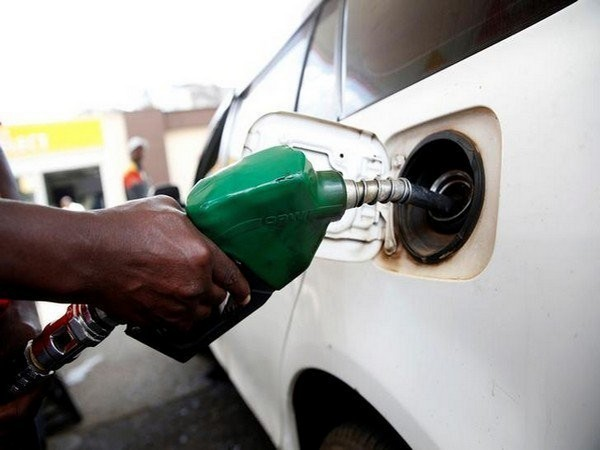Petrol, diesel price to fall only on sustained drop in international oil prices
Since the international oil prices have been range bound in most of November, the drop on Friday when averaged out with the previous fortnight does not translate into any significant change.Only when the fall in rates is sustained for a few more days will we see a reduction in retail petrol and diesel prices, a source said.The reason why a 15-day rolling average is taken to fix prices is to insulate domestic consumers from extreme volatility in international prices.

- Country:
- India
Petrol and diesel prices will be reduced only if the current drop in international oil prices is sustained for a few more days, as domestic retail prices are fixed on a 15-day rolling average, official sources said.
Global benchmark Brent crude oil prices remained largely range-bound at around USD 80 to 82 per barrel, levels during November (till November 25).
On Friday, November 26, prices fell by around USD 4 per barrel till the Asian timestamp. However, subsequently, after the opening of the US market, with the drastic sell-off in Brent Futures, prices fell further by around USD 6 to close at USD 72.91 a barrel at ICE London.
Sources said this seems like a knee-jerk reaction from fears that the new COVID-19 variant discovered in Southern Africa might dampen economic growth and trigger another demand slump.
State-owned fuel retailers Indian Oil Corporation (IOC), Bharat Petroleum Corporation Ltd (BPCL), and Hindustan Petroleum Corporation Ltd (HPCL) revise petrol and diesel prices daily.
But this revision is based on the average benchmark international fuel rate in the previous fortnight. So, the price on Sunday is decided by the average in the previous 15-days.
''Natural expectation from the drop in rates on Friday is that retail pump rates will also go down. But that is not how retail rates move. Since the international oil prices have been range-bound in most of November, the drop on Friday when averaged out with the previous fortnight does not translate into any significant change.
''Only when the fall in rates is sustained for a few more days will we see a reduction in retail petrol and diesel prices,'' a source said.
The reason why a 15-day rolling average is taken to fix prices is to insulate domestic consumers from extreme volatility in international prices. If day rates are taken to fix prices, it would result in massive fluctuations in pump prices every day, he explained.
Recently, major oil consumers such as the US, Japan, and South Korea as also India had announced releasing crude from their strategic reserves as part of a joint effort to reduce international crude oil prices. Even these announcements could not impact international prices much.
However, renewed COVID-19 concerns have now brought about the desired objective.
Oil producers cartel, OPEC+ might still have a say in this, with the group's scheduled meeting on December 1-2, potentially resulting in a reduction in production targets for 2022.
Thus, international crude oil prices may recover again, if OPEC+ announces slower than expected production rollout coming up, sources said.
Retail prices of petrol and diesel have remained unchanged since November 5, after a decrease in excise duty by Rs 5 per liter and Rs 10 a liter respectively was announced. Decrease in prices consequent to VAT rate revision by 27 States/UTs have provided further relief to consumers.
That excise cut and VAT reduction helped bring down fuel prices from record highs.
Petrol in Delhi currently costs Rs 103.97 a liter and diesel is priced at Rs 86.67 per liter.
The daily revisions in retail prices of petrol and diesel are carried out by oil marketing companies based on 15-day moving average prices in the international market.
Accordingly, the impact on international oil prices from the announcement by OPEC+ and developments on the new COVID variant will decide the near-term course of fuel prices in the country, sources added.
(This story has not been edited by Devdiscourse staff and is auto-generated from a syndicated feed.)
ALSO READ
Indian Ambassador Ruchira Kamboj condemns humanitarian crisis resulting from Israel-Hamas conflict
Indian Ambassador Ruchira Kamboj condemns the humanitarian crisis resulting from Israel-Hamas conflict
Saudi Arabia echoes India's stance on Kashmir in joint statement with Pakistan
Indian stock indices open at fresh highs; inflation data, Q4 earnings now in focus
Indian Student's body discovered in US










